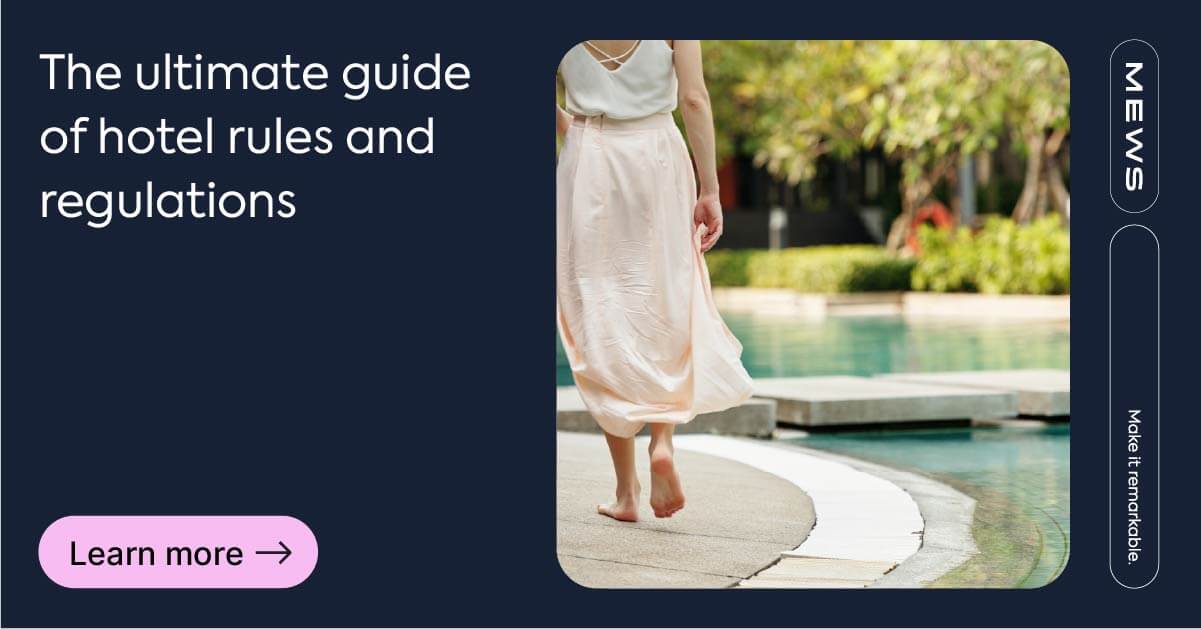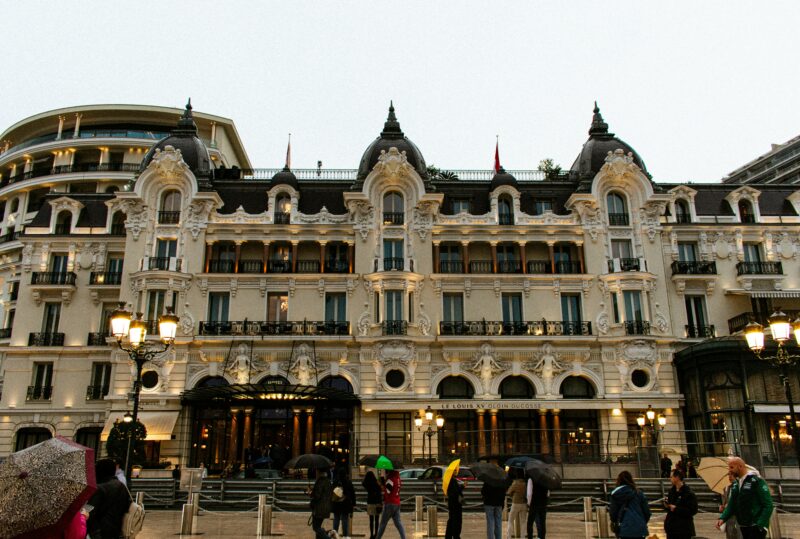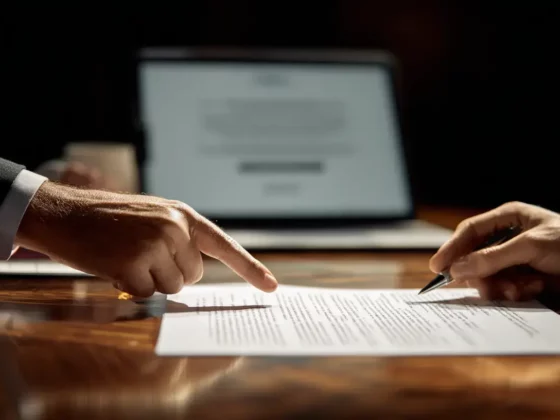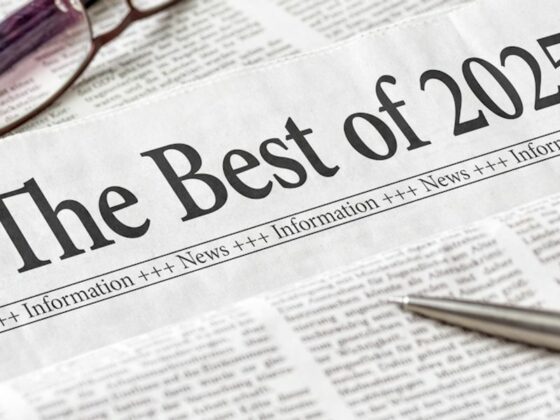What are hotel rules and regulations?
Hotel rules and regulations are a series of guidelines that are agreed upon by the hotel and their guests. The rules are designed to ensure guests are safe, comfortable and that a certain standard is upheld while also helping your hotel maintain law and order. These are often so innate that guests don’t question them, because at the time of booking, they already know they are entering into a private agreement.
Rules can vary from hotel to hotel but generally relate to check-in and check-out, identification and payment, noise and conduct, room occupancy, damage and liability, smoking, pets, housekeeping, what activities are prohibited, the use of facilities, the consumption of outside drinks, privacy, refunds and cancellations, plus overall privacy.
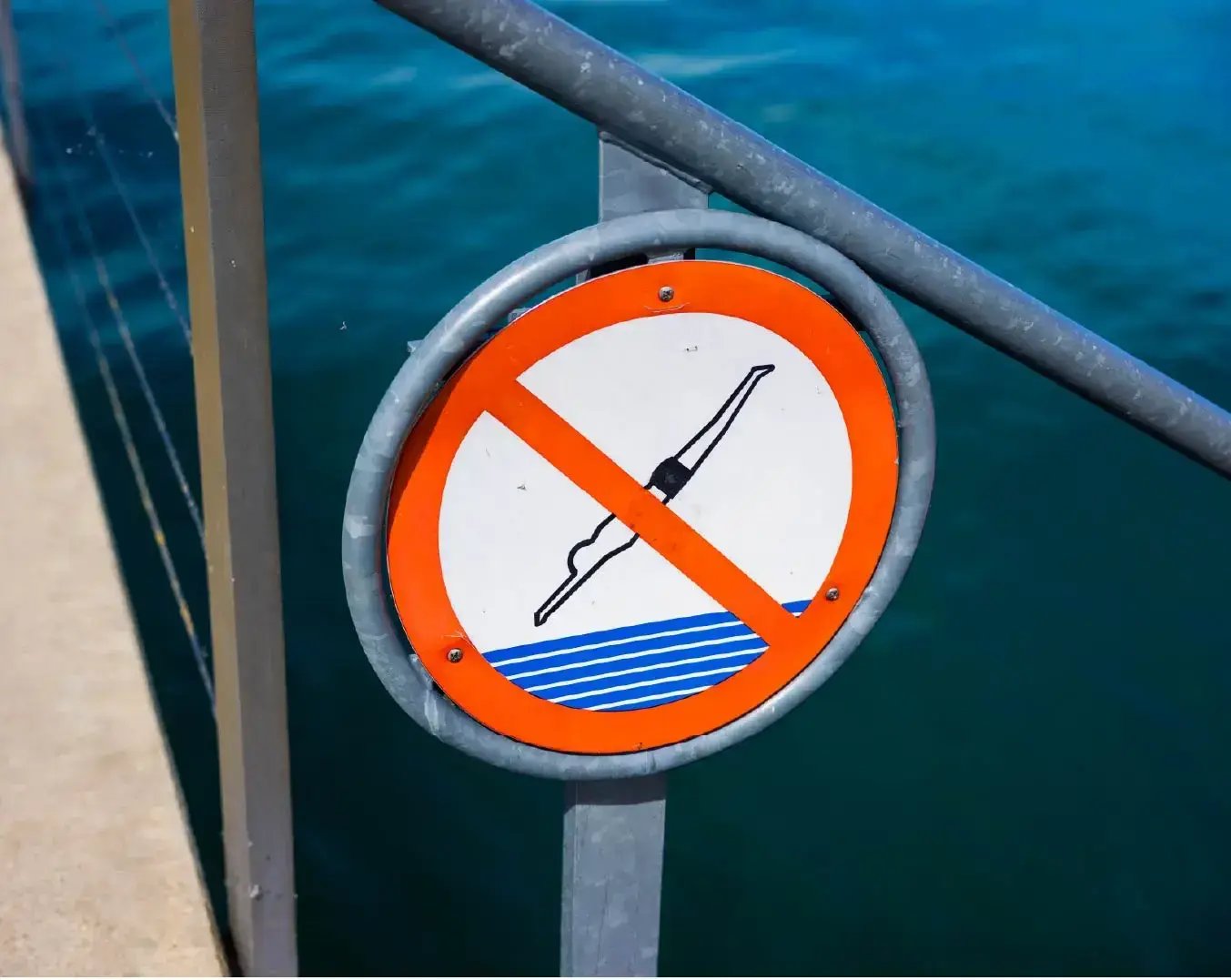
Why are rules and regulations important in the hospitality industry?
Rules and regulations are important in the hospitality industry because they help manage expectations for guests as well as setting forward clear rules of conduct so that guests know how to behave during their stay, and staff can keep them accountable should they need to. Ensuring that all your policies are clearly laid out before the guest checks in or at the time of check-in can set standards, ensure safety and avoid any miscommunication. They also help your hotel live up to its duty of care to look after the safety and wellbeing of your guests.
Most typical hotel rules and regulations
Now that we know what hotel rules and regulations are and why they’re important, let’s look at some of the most typical ones. It’s also a good idea to have a handbook in each room with the common rules, procedures and regulations, so that guests who are unsure can consult it at any given time.
Cancellations and refunds
Cancellation and refund policies are often closely tied to the rate at which guests book a hotel. A non-cancellable, non-refundable room is usually part of a special deal, with little to no exceptions. Alternatively, there are rates with 24–48-hour cancellation windows, allowing guests to cancel anytime before the deadline, though a penalty may apply if they cancel after. These terms should always be clearly outlined before booking to avoid any issues.
Hotels will often have a no-show policy too, in which a fee will be implemented if a guest doesn’t show up but has not canceled their reservation.
Safety and security
Usually at the time of check-in, staff members will explain any important safety or security measures to guests, such as what they need to do if they come back to the hotel after hours. Maybe there is a side door entrance, or they need to ring a bell because the front doors lock after a certain time. Other safety measures such as fire exits, smoke detectors or fire alarms should be clearly indicated in hotel rooms, and don’t therefore usually require an explanation at this time.
Smoking policy
Smoking and non-smoking rooms are usually delineated in the room information before a guest makes a reservation. Your hotel might be a non-smoking facility, or you might have designated areas where smoking is allowed, but it should be clear before a guest books.
Damage and loss of personal items
Another common rule is that hotels are not held accountable for personal items. This is why hotels will often put a safe in the room, which means that if anything happens to personal items in the safe then the hotel can be held liable. On the other hand, should guests do any significant damage to the room or hotel property or take anything from the room that is not theirs, they can also be held responsible for replacements or repairs.
Check-in and check-out
Check-in and check-out times should be clearly communicated before the guest arrives. Standard check-in is usually between 2 PM and 4 PM, and check-out is between 10 AM and 12 PM. If you offer early check-ins or late check-outs for a fee, make sure this is outlined in advance to avoid any confusion or claims of “I didn’t know.” That’s why pre-arrival communication is key.
Check-in procedures should be clearly explained, including what qualifies as a valid ID, such as a government-issued identification like a passport or, in the US, a driver’s license. It’s also important to inform guests upfront about any fees and services that need to be settled upon departure, as well as whether a credit card is required on file for incidental charges.
Noise and behavior
Noise and behavior regulations are designed to protect guests and ensure all paying guests are provided with a relaxed environment for their stay. This means avoiding loud music and loud parties and avoiding talking too loudly or on speaker phone in common areas. To ensure a peaceful environment, hotels might enforce quiet hours after a certain time in the evening.
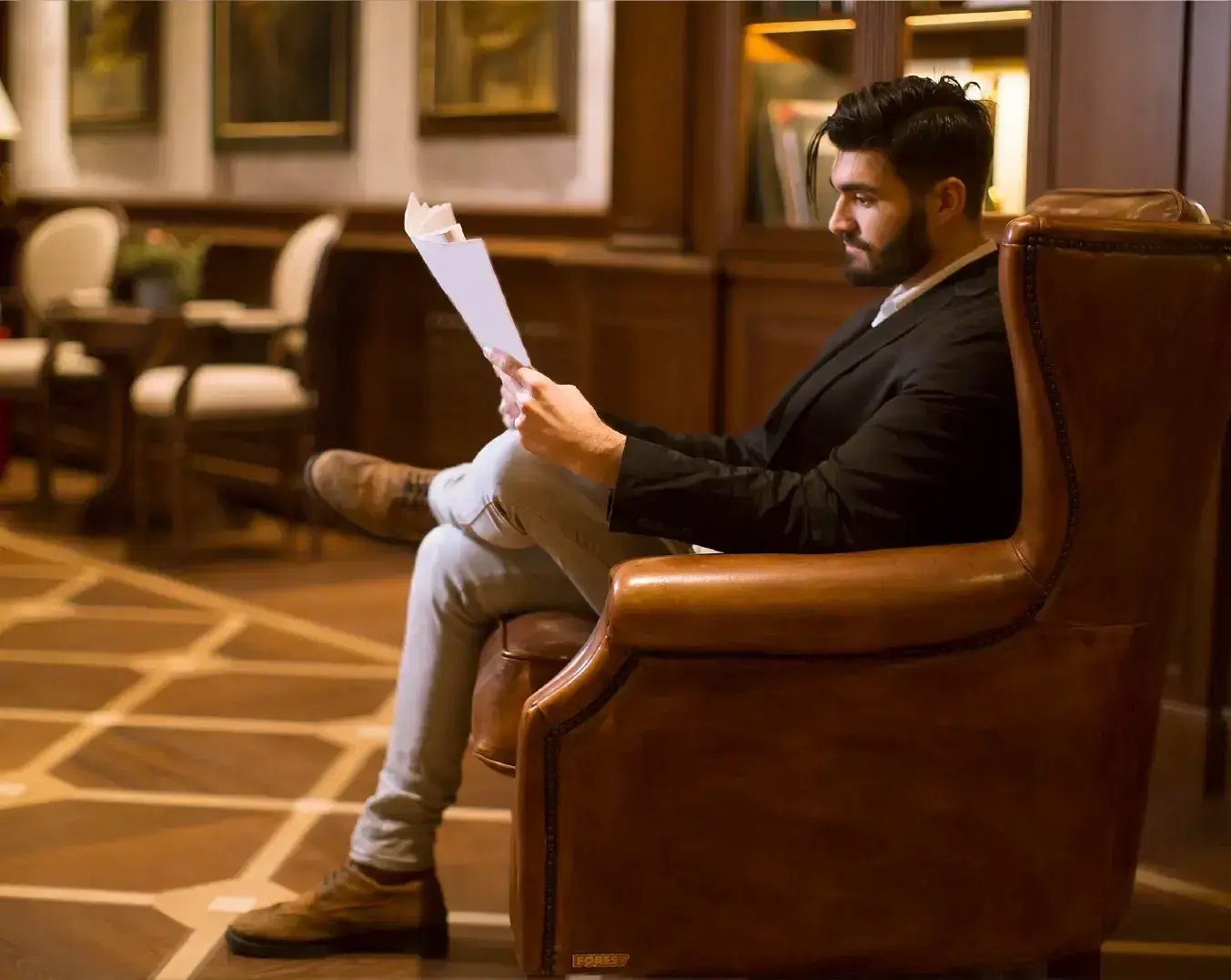
Occupancy
Rooms rates are often listed for their maximum occupancy. For example, a double room rate is meant for two people. Should the maximum occupancy of a room exceed the number of people listed, hotels may charge an extra per-person fee. And should those limits not be respected, there may be a penalty.
Prohibited activities
To protect other guests’ safety and security, it is often prohibited to bring non-paying guests to your hotel room, and guests may have to ask special permission to invite someone up to their room. Other prohibited activities would be engaging in illegal activities such as drug use or prostitution within the hotel facilities. Many hotels will also prohibit drinks and food from the outside.
If hotel rooms aren’t specifically designated to have a kitchenette, hotels will often restrict cooking in rooms to avoid fire risk or risk damaging the facilities. The fewer rooms permitted, the easier it is to avoid any problems or potential damage.
Conclusion
We’ve covered hotel rules and regulations, why they matter, and some of the most common ones. As a hotelier, your responsibility is to ensure guest and staff safety while maintaining a clean, orderly and relaxed environment built on mutual respect. The clearer your guidelines are, the easier it is for both your hotel and your guests to live up to their agreement.
